Best microSD cards of 2024: top picks for your micro storage needs
Find the best microSD card for all your flash memory needs
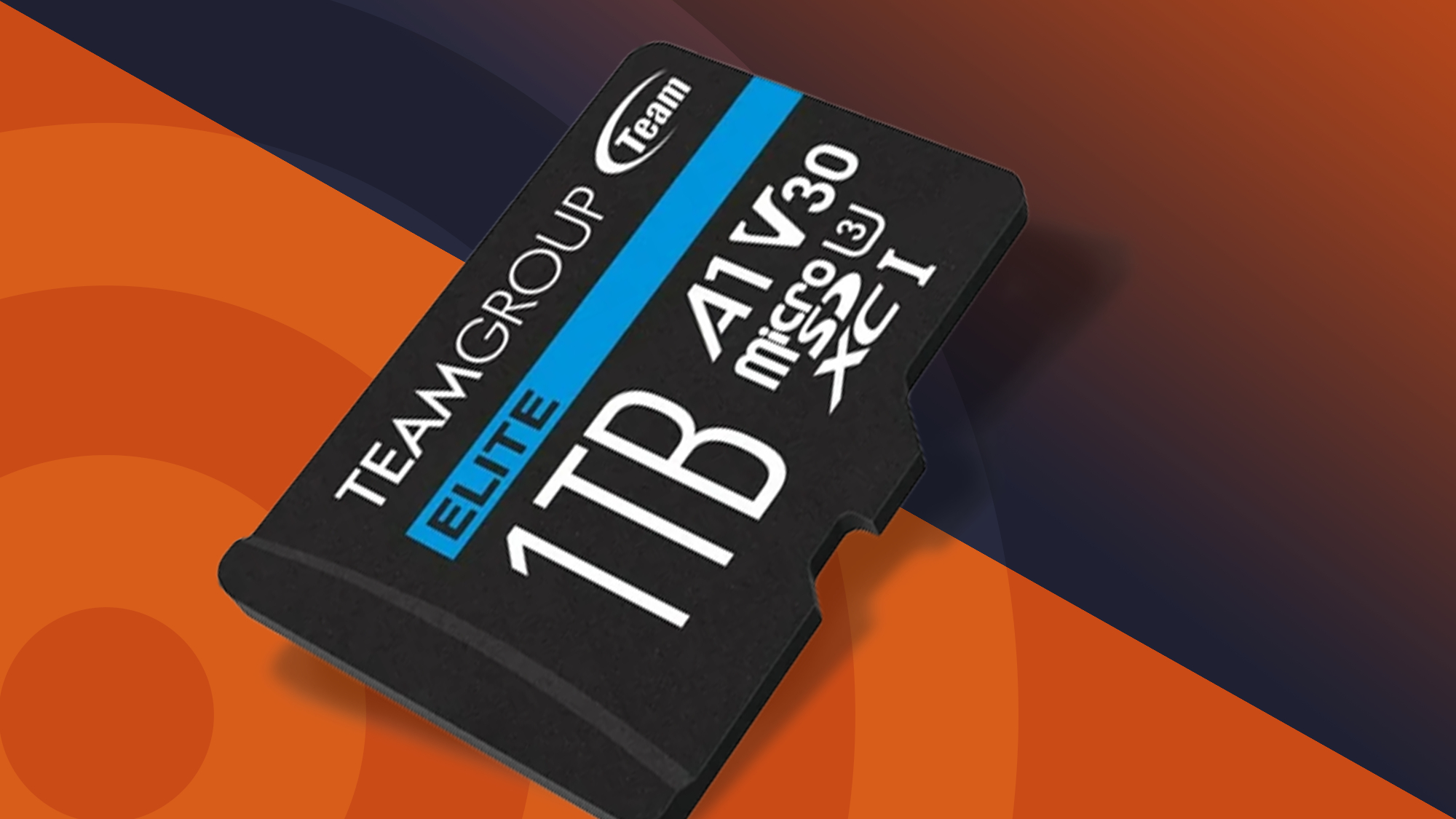
Sign up for breaking news, reviews, opinion, top tech deals, and more.
You are now subscribed
Your newsletter sign-up was successful
We reviewed the best microSD card options for adding higher capacity storage for phones, tablets, and games consoles. It's a crowded space out there, but we've these are our recommendations.
Our team has tested a wide range of storage solutions from the best portable SSDs to the best SD cards and microSD memory cards, with extensive testing of transfer speeds, storage capacity, and design and build quality.
The Silicon Power 1TB A1 is the best microSD card for most people, and we found this low-cost memory offers solid performance and fair read and write speeds. Below, we've rounded up our top recommendations. Our comprehensive analysis covers each card's performance, pricing, and warranty. Looking for the best microSD card for gaming? Our team has extensively tested the best SD cards for Switch.
Quick List
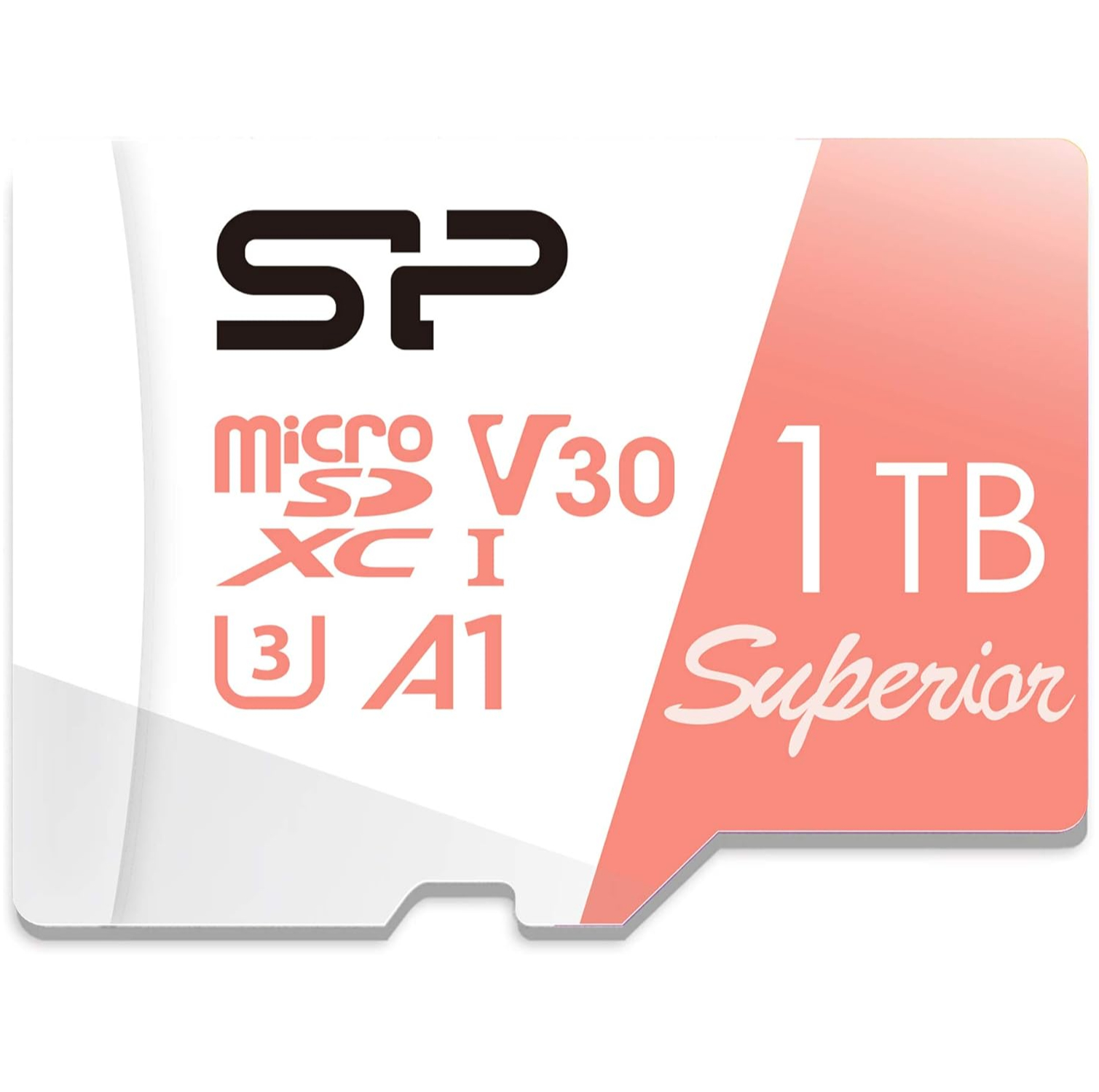
The best MicroSD card overall
The Silicon Power 1TB A1 microSD card offers solid performance with reasonable read and write speeds at a low price, making it an exceptional value despite not reaching its advertised speeds.
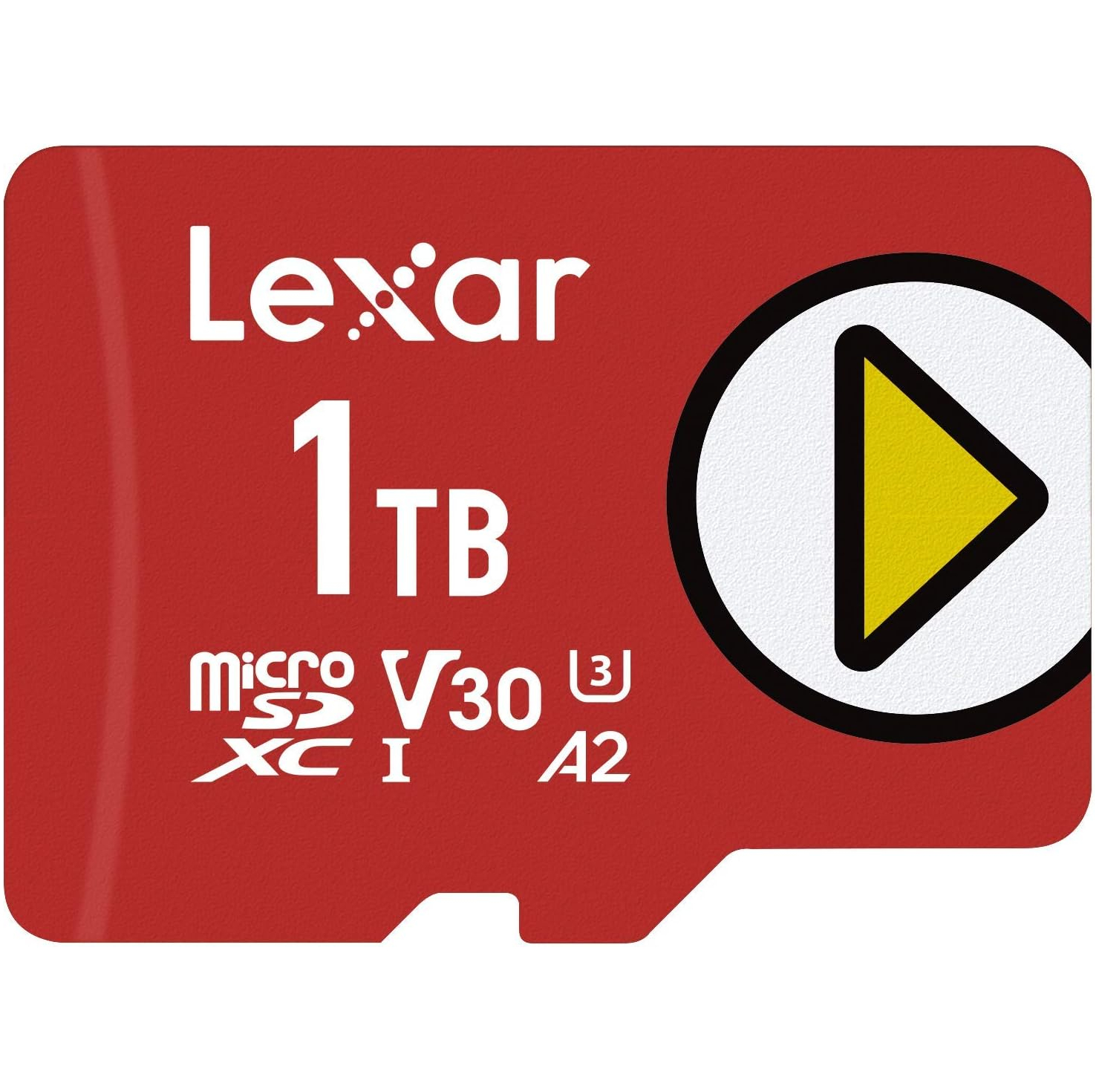
The best budget microSD card
The Lexar Play 1TB microSD card offers impressive speeds at a low cost, surpassing pricier options in tests, making it ideal for drones and devices requiring high capacity.
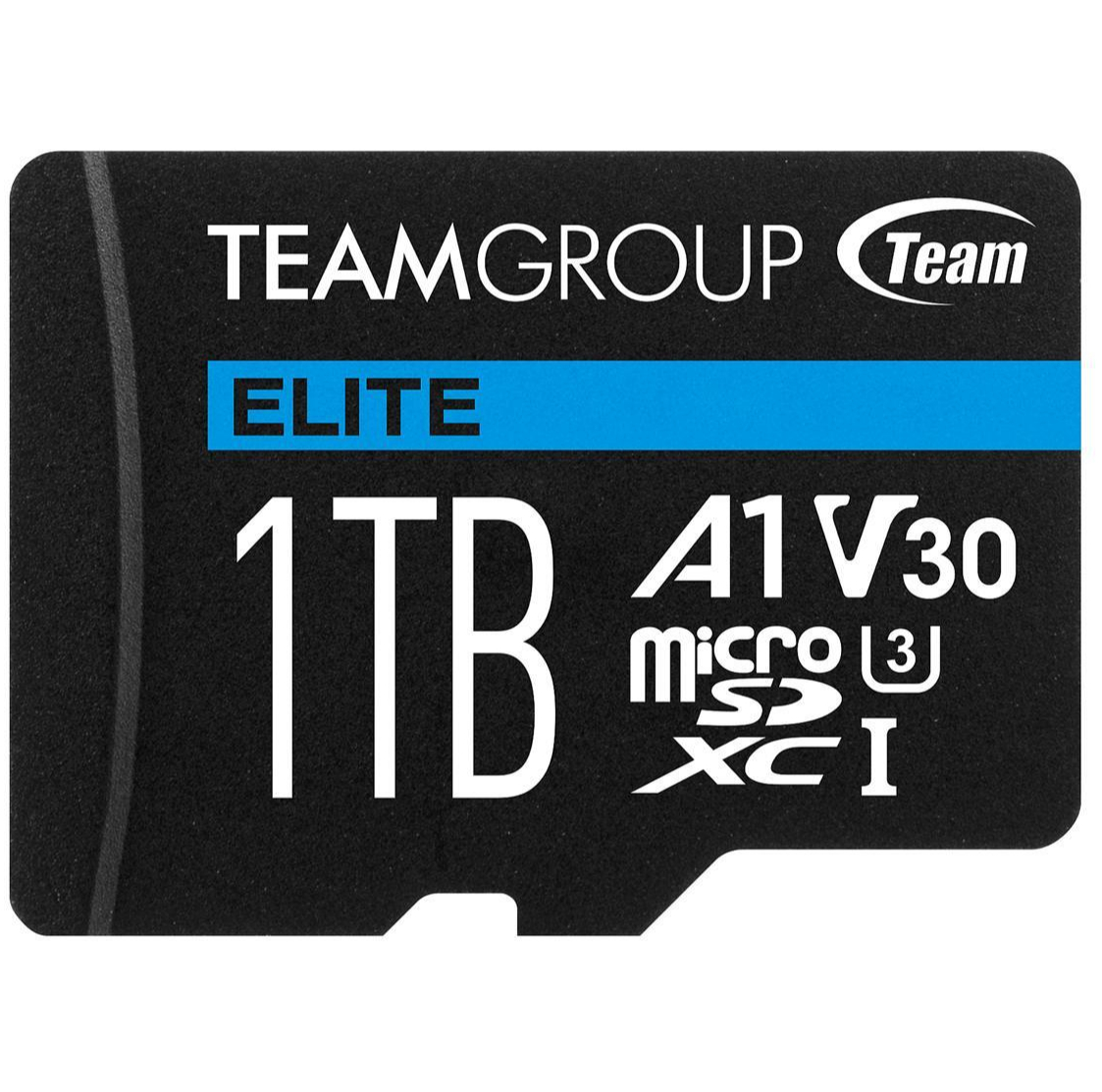
The best microSD card for warranty
The Teamgroup Elite A1 microSD card nearly matches its claimed speeds, offering fast performance and a lifetime warranty for under $100, earning high praise.
The best microSD card: our top picks
The best microSD card of 2026 in full:
Why you can trust TechRadar
Below you'll find full write-ups for each of the best microSD card options in our list. We've tested each one extensively, so you can be sure that our recommendations can be trusted.
The best microSD card overall
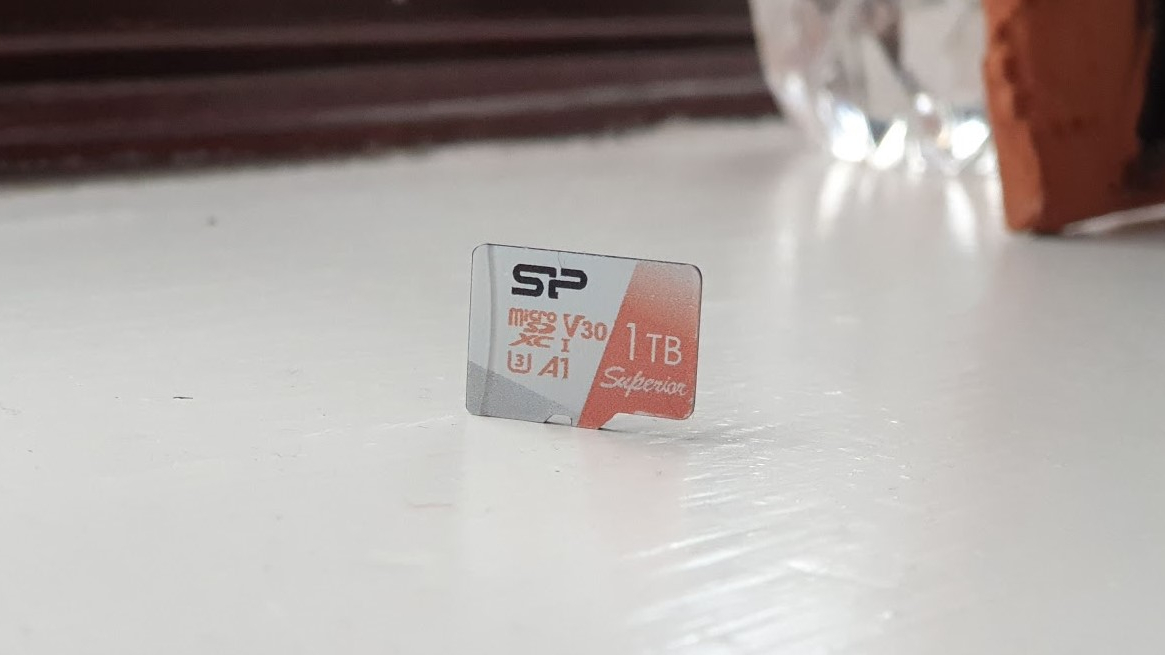
Specifications
Reasons to buy
Reasons to avoid
The Silicon Power 1TB A1 microSD looks like 'one card to rule them all' at first glance. A low price point paired with reasonably fast read and write speeds makes it a more-than-desirable option. And while we don’t expect these cards to hit top numbers in testing, we did find this card only reached a write speed of 58MB/s, less than the advertised 80MBps. A read speed of 90MB/s is also a touch shy of claimed max read speeds. But considering how little this card costs, it's a capable storge device that should more than match most devices you throw at it. We were pleasantly surprised to see its performance at such a low price.
Read our full Silicon Power 1TB microSD card review.
The best budget microSD card
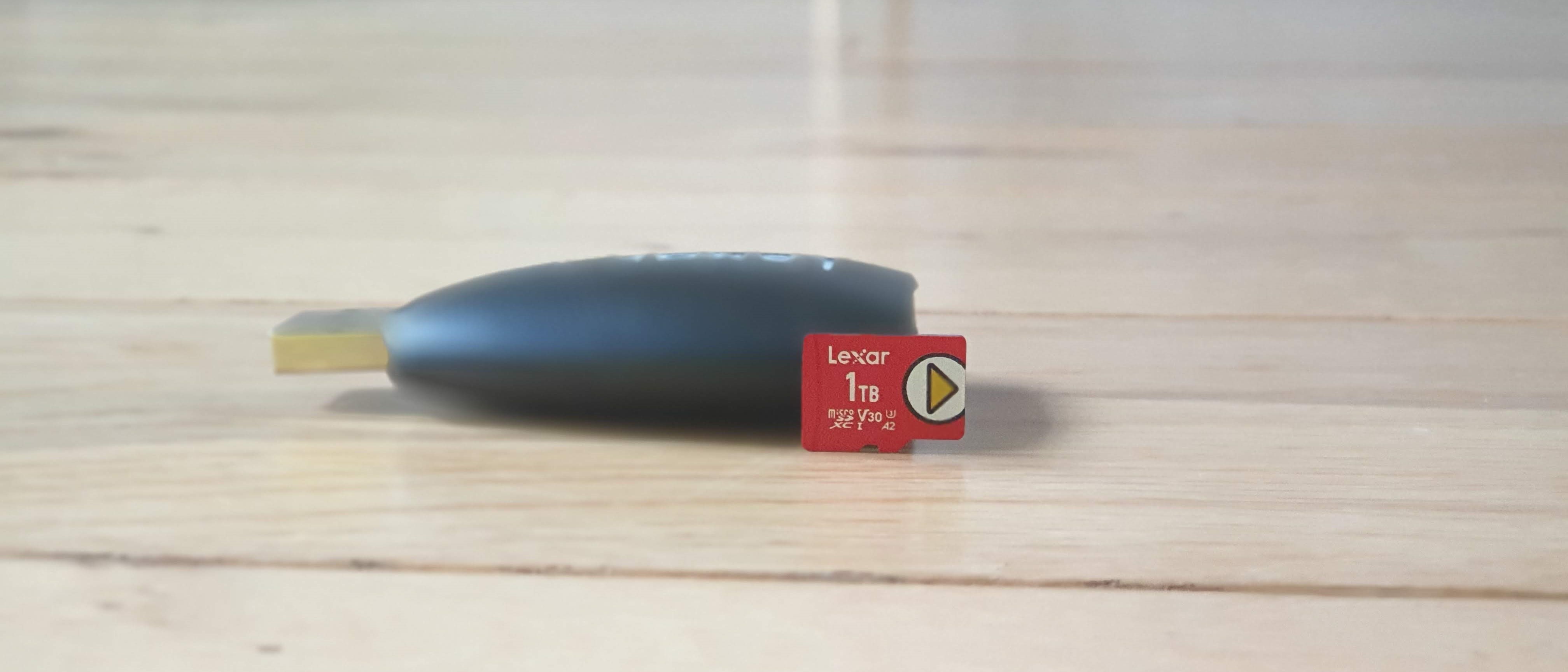
Specifications
Reasons to buy
Reasons to avoid
Despite being one of the cheaper microSD cards in this guide, the Lexar Play surprised us during testing, popping out a healthy 75MB/s write speed and 83.1MB/s read speed. The latter didn't match up to its advertised 150MB/s read speeds, but it did excel at the stated 30MB/s write speeds, which means this card trumped some of the more expensive cards in our round-up.
If you’re looking to grab a microSD card for your drone or other media device and need to bank big data (capacity exceeds 1TB) or perhaps need multiple decent cards, the Lexar Play is a great option.
Read our full Lexar Play 1TB microSD card review.
The best microSD card for warranty
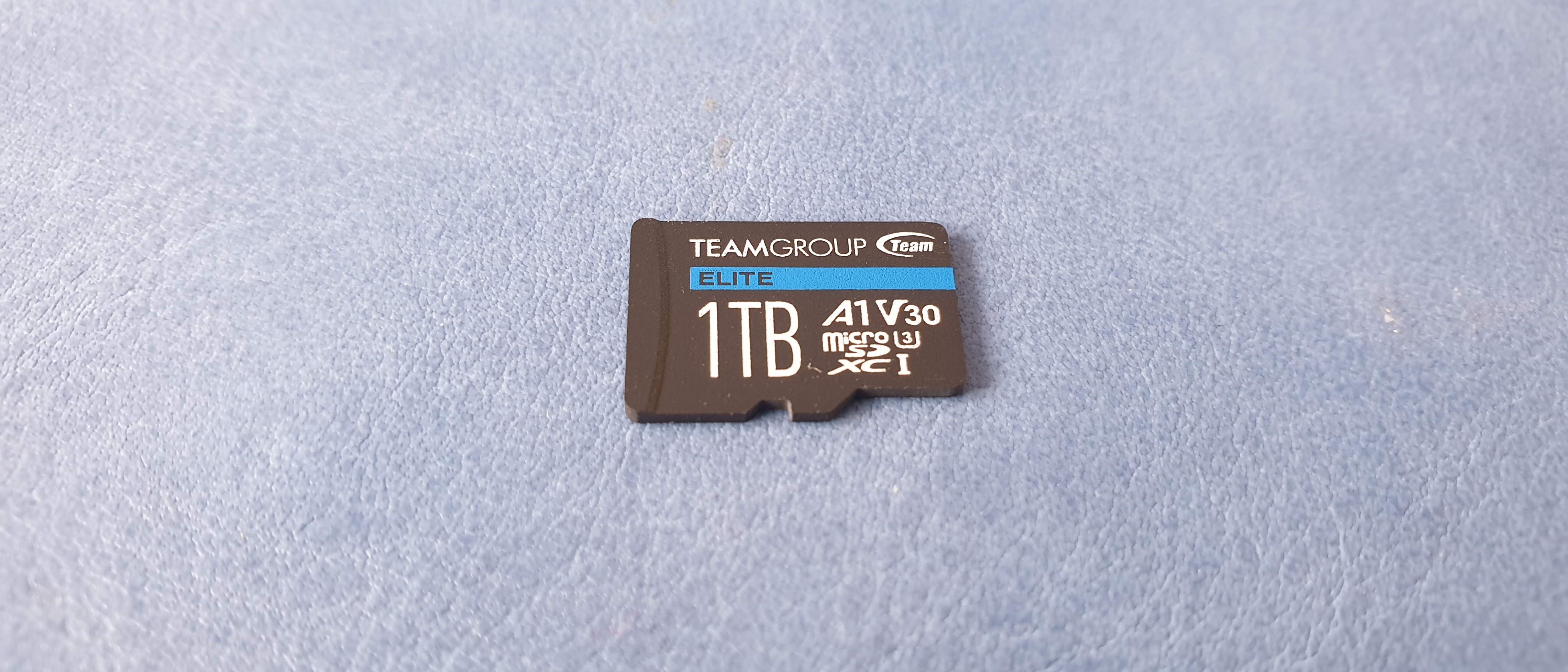
Specifications
Reasons to buy
Reasons to avoid
Teamgroup claims this microSD card, the Elite A1, can read up to 100MB/s and write 50MB/s, and in tests, it came pretty close to those speeds. This makes it a very fast card, and with smaller files, it's even faster, which means this is a great card as an all rounder memory card. While not as cheap as Silicon Power, it makes up for it thanks to a lifetime warranty, the only in this price range (remember, it costs less than $100) to offer this.
Read our full Teamgroup Elite A1 1TB microSD card review.
Best microSD card: Frequently Asked Questions
What is the best microSD card?
The best microSD card that we've tested yet is the Silicon Power A1, it might not be the fastest out there but it is the cheapest 1TB microSD on the market and for most users, it is a good enough choice for general usage. A close second would be the similarly priced Teamgroup Go, which we haven't tested but comes with lifetime warranty and a better performance.
How to choose the best microSD card
Other than the benchmarks, we considered four factors that could help you select the perfect microSD card for your usage.
1. Use case: Like SSD, there are broadly three types of microSD cards. One geared towards value-for-money, one geared towards performance (i.e. how fast) and one geared towards endurance (e.g. drone, dashcam, bodycam etc.). Choosing the right one for your needs will determine your overall experience.
2. Capacity: It's not worth buying memory cards with capacities smaller than 512GB because that's the sweet spot, the lowest per GB cost (around $50 per TB). Great if you have a tons of 4K videos and RAW photos. I'd recommend investing in 1TB cards as they've come down in price significantly and carry a very small premium. Note that all the capacities will likely be much less than stated when formatted. It is worth noting that there are sadly, dozens of fake 1TB and 2TB memory cards available on open marketplaces such as eBay and Amazon for rock-bottom prices. We strongly discourage anyone from purchasing them; they are big, fat scams.
3. Value for money: For most users however, value for money is the most important metric, not only across brands but also across capacities. Which is why we don't test small capacities (they're very poor value for money) and why we consider challenger brands - Netac, PNY, Lexar, Silicon Power, Teamgroup - as well (as long as they have some sort of pedigree).
4. Warranty: Opt for microSD cards that offer long warranties. Amazon is the only one we know that offer a short one (one year). Remember though, Should data on them ever become corrupted or accidentally deleted, you can also try one of our best data recovery software.
How we tested the best microSD cards
Our team of reviewers have tested a range of data storage solutions, including the best portable SSDs, the best external hard drives, and the best external hard drive for Mac.
After having formatted the cards to exFAT, we test microSD cards the same way we test these other storage solutions. We use the latest versions of CrystalDiskMark, Atto, AS SSD and AJA benchmarks, noting the best scores achieved in each. They are all free and can be downloaded by anyone. MicroSD cards are usually divided into classes, giving a rough idea of the minimum performance to be expected.
A Class 4 card is guaranteed to deliver at least 4MBps, while a Class 10 should surpass 10MBps. Similarly, many vendors report their speeds in terms of "x" rating, which is a multiple of 150KBps (the read speed of a standard CDROM drive). A 100x card can be expected to deliver more than 14MBps.
After these synthetic tests, we then transfer a bunch of files and folders, totaling around 10GB, to get a real-life transfer speed using the latest version of Fastcopy.
Get in touch
- Want to find out about commercial or marketing opportunities? Click here
- Out of date info, errors, complaints or broken links? Give us a nudge
- Got a suggestion for a product or service provider? Message us directly
Today's best microSD card deals
Sign up to the TechRadar Pro newsletter to get all the top news, opinion, features and guidance your business needs to succeed!

John (He/Him) is the Components Editor here at TechRadar and he is also a programmer, gamer, activist, and Brooklyn College alum currently living in Brooklyn, NY.
Named by the CTA as a CES 2020 Media Trailblazer for his science and technology reporting, John specializes in all areas of computer science, including industry news, hardware reviews, PC gaming, as well as general science writing and the social impact of the tech industry.
You can find him online on Bluesky @johnloeffler.bsky.social
- Bryce HylandContributor
- Collin Probst
- Desire AthowManaging Editor, TechRadar Pro